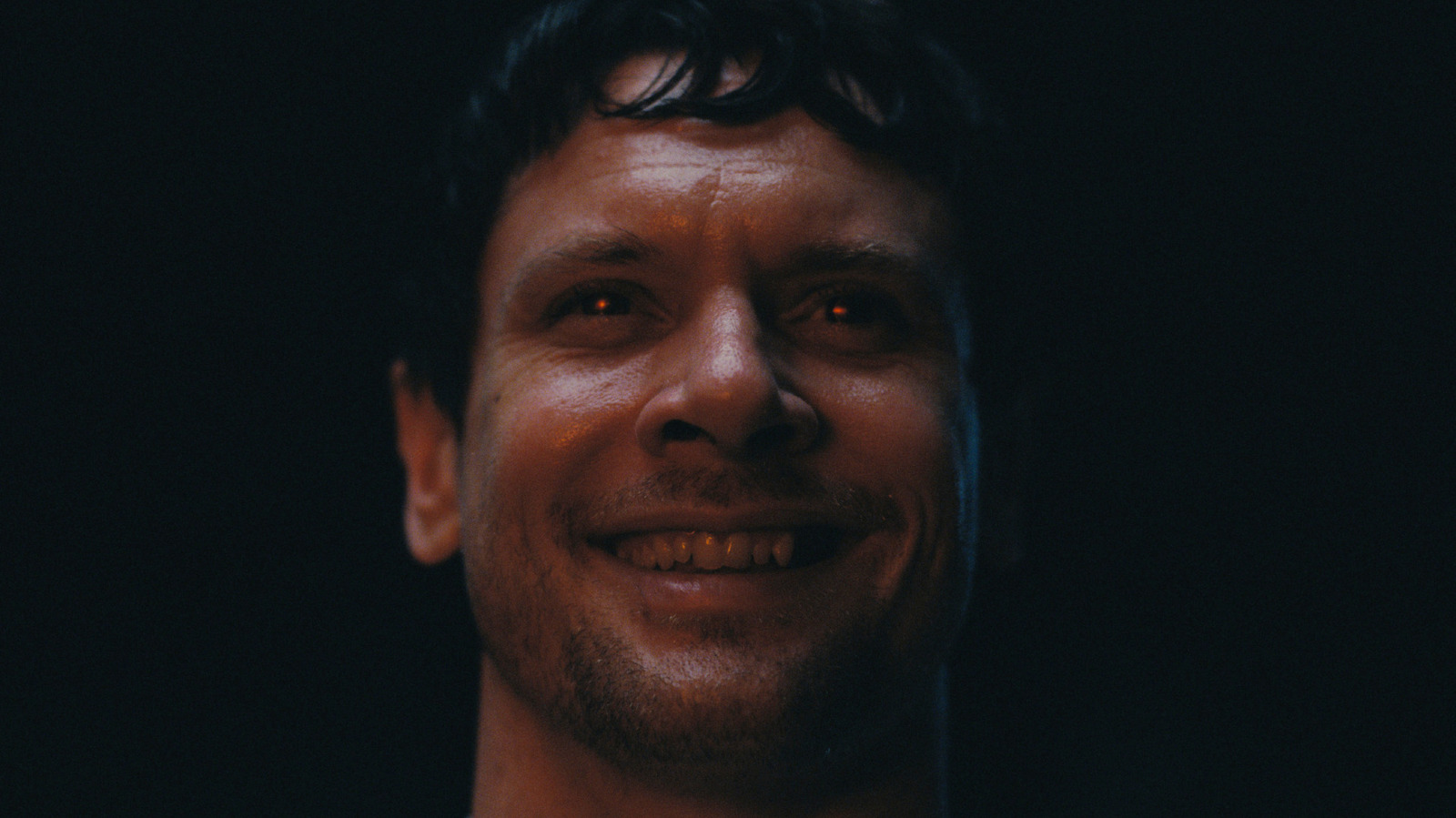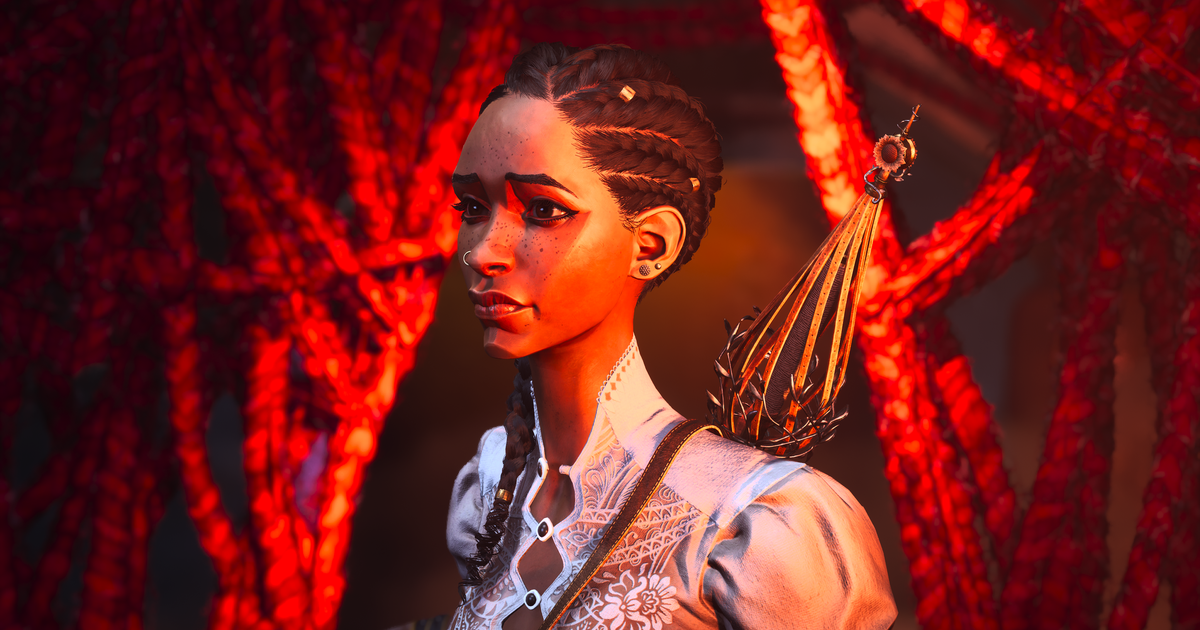Black Mirror Season 7: A Shift Towards Hope Amidst Tech Dystopia

Since its inception, Black Mirror has captivated audiences with its dark and often grim portrayal of emerging technologies and their societal implications. Originally defined by a bleak outlook that suggested that technology only exacerbated human flaws, the anthology series began to show signs of evolution with the introduction of episodes like San Junipero in its third season. This poignant love story marked a notable shift in the series' narrative philosophy, suggesting that even amidst a grim technological landscape, there exists a glimmer of hope.
The early seasons painted a stark picture where technology was a villain, enabling the worst aspects of human nature, including greed, stupidity, and desperation. However, as the series progressed, it began to explore more nuanced portrayals of humanity, presenting characters that often grappled with difficult choices rather than simply embodying evil. This trend continues into the latest season, where some episodes even feature uplifting conclusions.
A prime example of this new direction is the episode titled Hotel Reverie. The storyline revolves around a vintage film studio on the brink of closure, which joins forces with a tech startup led by Kimmy, portrayed by Awkwafina. This collaboration aims to produce a modern remake of the studio's most celebrated film, Hotel Reverie, in a time-efficient and cost-effective manner, utilizing the star power of Hollywoods elite. After a series of rejections from big names like Ryan Gosling and Ryan Reynolds, the studio ultimately enlists Brandy, played by Issa Rae, who is eager to step out of the shadow of a typical sidekick role.
In a fascinating twist, instead of merely replacing the lead's likeness with Brandys, the production employs groundbreaking technology that immerses Brandy into the film's world, where she must act in real-time alongside AI characters that believe they are human. As the film progresses, unexpected challenges arise, such as Brandy's inability to play the piano, leading to a dramatic alteration of the plot. This high-stakes situation forces the entire team to improvise, creating a dynamic akin to immersive theater.
The relationship that develops between Brandy and Dorothy, played by Emma Corrin, becomes one of the episode's highlights. The bond deepens during an unforeseen break in filming, allowing for genuine emotional moments that resonate with viewers. Hotel Reverie feels like a blend of Her and a holodeck episode from Star Trek, concluding with a bittersweet ending that aligns with the series' signature tone.
In another standout episode, Eulogy, the narrative draws parallels to Eternal Sunshine of the Spotless Mind. It follows Phillip, portrayed by Paul Giamatti, who is tasked with creating an immersive memorial for his deceased ex-girlfriend. This innovative technology allows him to delve into their shared past through virtual reality, revealing painful truths and unaddressed issues of their relationship. Accompanied by an AI assistant, Phillip navigates memories that force him to confront his past mistakes, ultimately leading to a poignant, reflective conclusion.
These episodes, much like the romantic exploration in San Junipero, highlight Black Mirror's overarching theme: examining the worst-case scenarios of plausible technological advancements while also uncovering the resilience of human connections. Despite the dire implications of technology, there remains an undercurrent of optimism as characters strive to forge authentic relationships amidst chaos.
On a lighter note, the episode Common People introduces a satirical take on tech-induced absurdity. Amanda (played by Rashida Jones) undergoes a procedure that backs her brain up to the cloud, initially a life-saving measure. However, as subscription costs rise and features diminish, Amanda faces the absurd reality of being unable to escape contextually relevant ads that jeopardize her career as a teacher. This episode not only delivers humor but also sheds light on the pressures that financial constraints impose on personal relationships.
The latest season of Black Mirror also demonstrates an increased interconnectedness with previous episodes, a departure from its earlier standalone format. References to the Netflix-like streaming service Streamberry appear throughout the season, and there are notable sequels to some of the series' most acclaimed episodes. The interactive episode Bandersnatch is followed by Plaything, where a brilliant coder (played by Will Poulter) creates a Sims-like game featuring sentient digital life. Similarly, the narrative continues from season 4s USS Callister with Into Infinity, where sentient digital clones struggle for survival in a perilous multiplayer online game.
These developments suggest a maturation of Black Mirror into a major player on the Netflix platform, no longer the scrappy underdog but rather a series that boasts high-profile stars and budgets. However, this evolution does not dilute its critical perspective on technology; rather, it refines the storytelling approach, making it more accessible to a wider audience. While not every story concludes with a happy ending, they are considerably less harrowing than earlier episodes like The National Anthem and Shut Up and Dance. By focusing on relatable characters, the emotional weight of the narrative twists becomes even more impactful.


















